The Safety of Reverse Mortgages: Backed by Government Regulations and Protections
Reverse mortgages can be a smart financial tool for older homeowners, especially those looking to access the equity in their homes without selling or taking on monthly loan payments. But one of the most common concerns people have is whether reverse mortgages are truly safe. The good news is: yes, they are — especially when they are Home Equity Conversion Mortgages (HECMs), which are federally insured and regulated by the U.S. government.
What Is a HECM Reverse Mortgage?
A HECM is the most common type of reverse mortgage and is insured by the Federal Housing Administration (FHA), a part of the U.S. Department of Housing and Urban Development (HUD). To qualify, the homeowner must be at least 62 years old, live in the home as their primary residence, and have sufficient equity in the property. HECMs allow homeowners to borrow against their equity while deferring repayment until the home is sold, the homeowner moves out permanently or passes away.
Strong Consumer Protections
Because HECMs are insured and regulated by the government, they come with built-in consumer protections to ensure borrowers are informed and protected throughout the process.
1. Mandatory Counseling Before anyone can get a HECM, they must first complete a counseling session with a HUD-approved housing counselor. This session ensures the borrower fully understands how the loan works, what it will cost, and what the long-term responsibilities are.
2. FHA Insurance The FHA insures every HECM loan, protecting both the borrower and the lender. If the loan balance ever exceeds the home’s value when it is sold, the FHA covers the difference — not the borrower or their heirs. This is known as the non-recourse feature, meaning you or your estate will never owe more than the home is worth at the time of sale.
3. Regulated Fees and Interest Rates All fees associated with a HECM are regulated by HUD. Interest rates are monitored, and lenders must follow strict guidelines, giving borrowers confidence that they’re not being charged unfairly.
4. No Monthly Mortgage Payments Required Borrowers are not required to make monthly payments toward the loan as long as they continue living in the home, maintain it, and keep up with property taxes and insurance. This makes it easier for many retirees to stay financially stable on a fixed income.
Peace of Mind for Families
Another benefit of a HECM is that it can ease financial burdens on families. When the borrower passes away, their heirs can choose to repay the loan and keep the home or sell the home and keep any remaining equity. Thanks to the FHA insurance, heirs are not stuck with any leftover debt if the home’s value doesn’t cover the loan balance.
Final Thoughts
Reverse mortgages, especially government-insured HECMs, offer older homeowners a safe, regulated way to tap into their home equity. With strong consumer protections, oversight by HUD, and insurance through the FHA, these loans are not only legitimate — they are designed with seniors’ financial safety in mind. As with any financial product, it’s important to work with a trusted reverse mortgage specialist and fully understand your options, but you can take comfort in knowing that HECMs are one of the most secure lending programs available today.

